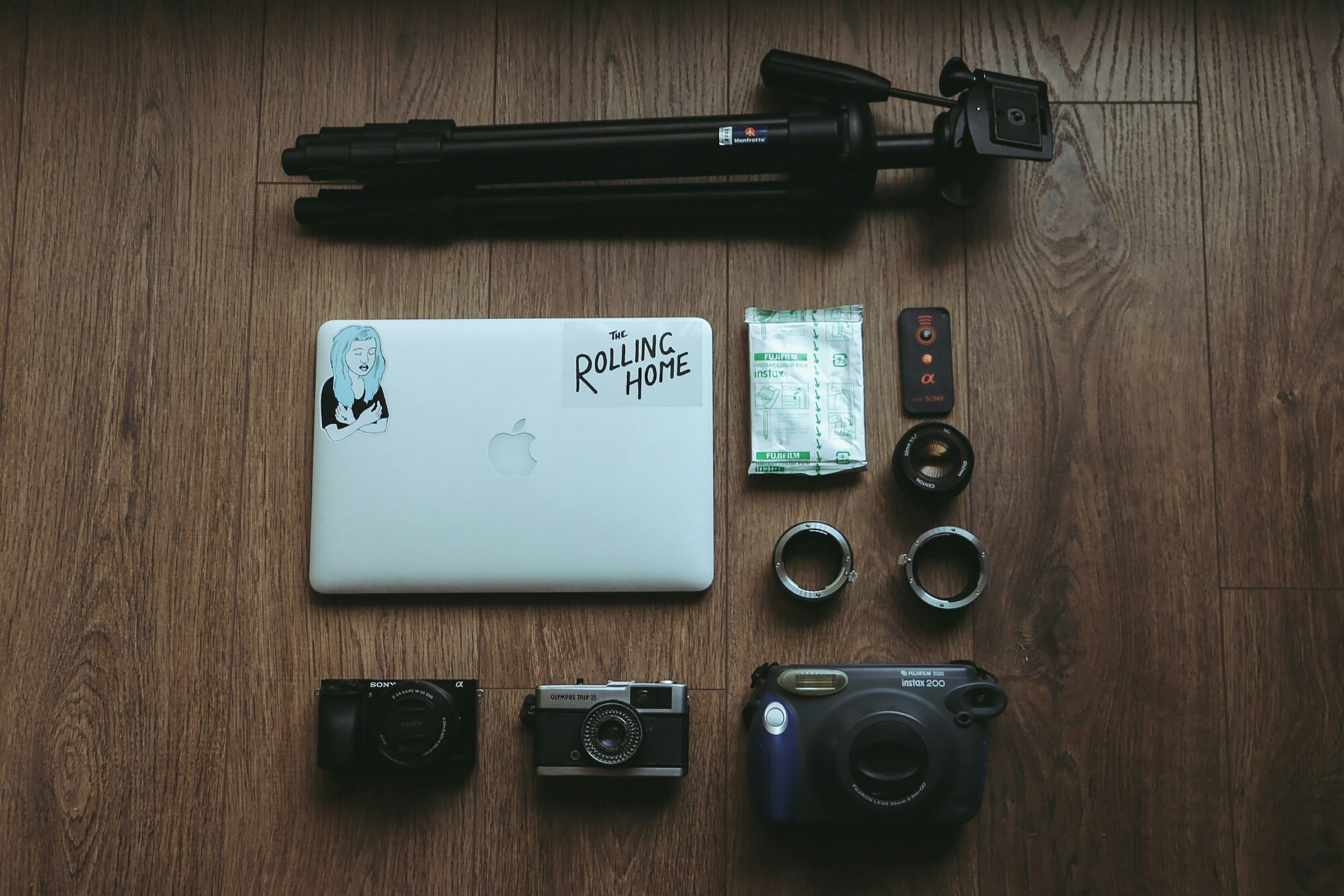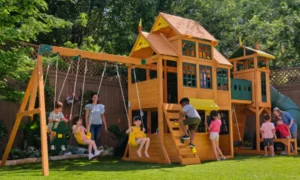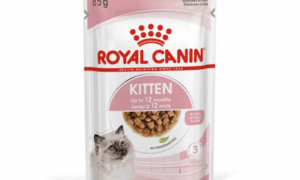Organizing an event is both exciting and demanding. Whether you’re organizing a corporate trade show, an outdoor community fair, or a small networking event, having the right equipment and careful planning can make a significant impact. From weather-resistant structures to the finishing touches that distinguish your brand, being well-prepared will ensure that your event runs smoothly and impresses your guests.
This article will go over all of the requirements for planning an event. One of the first things to consider is getting heavy-duty aluminum frames to support your outdoor setup. These sturdy structures are essential for tents, booths, and signage that must withstand changing weather conditions. This is just one of the many things to consider when planning an event. Below are all the key essentials for making your event a success.
Reliable Shelters and Structures
Outdoor events need more than just a good location. Make sure to shield your guests, staff, and equipment from the sun, wind, or rain.
- Sturdy Tents:Invest in quality tents with strong frames and durable canopies.
- Secure Anchoring:Make sure your tents are anchored properly to prevent accidents.
- Easy Setup:Choose structures that are simple to assemble and dismantle.
For indoor events like trade shows, booths and displays must be well-constructed and easy to transport. Quality structures add to your professional image and keep your team focused on engaging with attendees instead of wrestling with faulty equipment.
Tables and Seating
Comfortable seating and well-arranged tables create a welcoming environment. Depending on your event, you may need:
- Reception tables for check-in.
- Display tables for products or marketing materials.
- Seating areas for guests to relax or network.
When planning seating, think about your audience’s needs. For example, an outdoor festival might require picnic benches, while a business expo calls for modern chairs and cocktail tables.
Eye-Catching Branding Materials
Brand visibility is everything at an event. One of the simplest yet most effective ways to stand out is with custom covers and signage. Items like logo-printed table covers do more than just look professional. They help your booth attract visitors and leave a lasting impression. Other useful branding items include:
- Pop-up banners and flags.
- Custom backdrops for photos.
- Branded uniforms for your staff.
These details show that your business is organized and cares about its presentation.
Technology and Power Sources
Modern events rely heavily on technology. Make sure you have all the necessary gadgets and backup options in place.
- Ensure that you have sufficient extension cords and power strips available.
- You should also have chargers for your devices and laptops.
- You should also consider purchasing a Wi-Fi hotspot or a mobile data plan.
- If you intend to conduct presentations, ensure you have the necessary audio-visual equipment.
Test all your equipment before the event to avoid last-minute surprises.
Lighting for Day and Night
Proper lighting sets the mood and ensures safety, especially for evening events.
- Use string lights or LED lamps to create a warm atmosphere.
- Add spotlights to highlight your products or stage.
- Make sure pathways and exits are well-lit.
Battery-operated lights or generators can help if your venue does not have easy access to power outlets.
Signage and Directions
Good signage helps attendees find what they need and improves their overall experience. Your event should include:
- Directional signs for entrances, exits, restrooms, and key areas.
- Informational boards for schedules and announcements.
- Clear labels for booths and activities.
Well-placed signs reduce confusion and help guests feel more comfortable navigating the venue.
Refreshments and Catering
Food and drinks keep people happy and engaged. Depending on your event type and size, you may offer:
- Bottled water stations.
- Coffee stands.
- Snack tables.
- Full-service catering with buffet or plated meals.
If you are planning an outdoor event, consider how you will keep food fresh and safe, especially during hot weather.
Waste Management and Cleanliness
A tidy venue reflects well on your organization and keeps everyone comfortable. Always provide:
- Clearly marked trash and recycling bins.
- Staff or volunteers to monitor and empty bins regularly.
- Hand sanitizing stations, especially for outdoor or food-focused events.
Cleanliness is a small detail that leaves a big impression on guests.
Permits and Safety Measures
Before your event day, check all legal requirements. This may include:
- Venue permits.
- Food vendor licenses.
- Noise ordinances.
- Insurance coverage.
Also, plan for emergencies. Ensure a first aid kit is available on-site, and kindly brief your team on evacuation routes and procedures.
An Organized Team and Checklists
Even with the best equipment, an unorganized team can create problems. Assign clear roles and use checklists to stay on track. Here are some items to include on your checklist:
- Load-in and setup times.
- Contact details for vendors.
- Backup plans for bad weather.
- Scheduled breaks for staff.
Having a detailed plan makes your event day less stressful and more enjoyable for everyone.
Conclusion
No matter what type of gathering you are hosting, the right preparation and equipment are essential for success. Investing in sturdy structures, practical furniture, clear signage, and thoughtful branding will help you stand out and keep your guests satisfied.
With these must-have items in place, you can focus on what truly matters: connecting with your audience and creating a memorable experience.





























